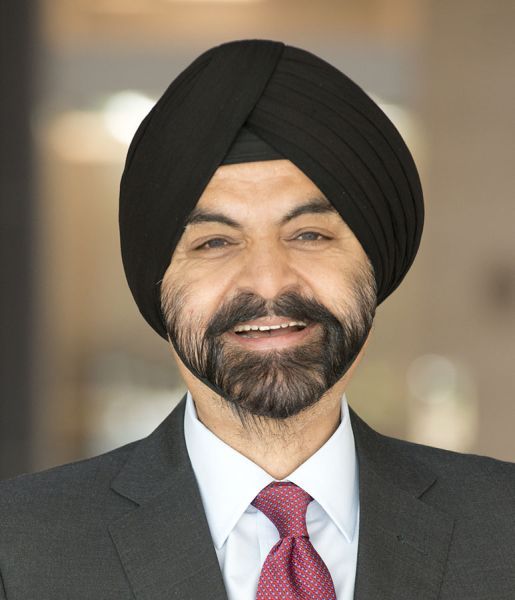
The world faces a host of daunting challenges, from the lingering pandemic to the effects of climate change. And yet, I can’t help but remain optimistic about the potential for science and innovation to solve some of our most pressing issues. After all, over three decades of investing in health care, I’ve seen firsthand the power that new ideas—backed by research and capital—have to cure diseases, produce lifesaving vaccines, and improve patient outcomes.
The same spirit of progress is solving problems on a global scale. In my view, we are in the early days of an age of innovation driving real-world solutions, tangible progress, and long-term growth. Let’s start with the industry I know best. My colleagues and I are as excited as ever about the countless disruptive technologies poised to reshape health care. Today, scientists are tackling disease-causing biology at unprecedented rates and with novel modalities. Decades of research have led us to what I believe is one of the most promising moments in the history of health care, where ideas that once seemed like science fiction are quickly becoming a reality.
In cancer, antibody drug conjugates now allow oncologists to attach a chemotherapy to an antibody and deliver treatment in a more targeted, efficacious, and tolerable way. Likewise, targeted protein degradation can hijack the body’s “garbage disposals” to eliminate proteins that cause specific diseases. This enables treatments that go after targets that were not previously addressable by traditional means.
Asset managers can help drive progress by conducting deep research to support the projects with the best prospects of fueling impactful results.
In my view, as we approach this new frontier in health care, it is easy to be hopeful. The near future will see the potential for technologies like RNA interference and gene therapy to cure numerous rare and serious diseases. In the wake of the pandemic, mRNA vaccines and related technology could combat viruses far beyond COVID, such as RSV and the flu. Finally, artificial intelligence and machine learning are poised to help researchers rapidly identify new treatment targets and drugs at a speed that outpaces traditional drug discovery methods.
At the same time, I believe one of the world’s biggest challenges—climate change—will increasingly be tackled by innovative technological solutions. At Wellington Management, climate risk is an integral part of our research. Through our partnerships with the Woodwell Climate Research Center and MIT, we are constantly integrating physical and transition risks into our analysis. Combining the scientific insights of these organizations with our in-depth industry research, we’re putting capital behind climate technology innovations that could help the world mitigate and adapt to the problems posed by a changing climate.
The next generation of community solar and integrated circuit panels offers new hardware solutions to the energy crisis. Groundbreaking alternative meat substitutes will make the food we eat more sustainable, while AI-powered recycling will help to limit waste around the globe. These are just a few of the technological developments that will be brought to bear in the battle against climate change and the pursuit of a more sustainable future.
Health care and climate change are just two of innumerable areas where the private sector is powering much-needed progress. I believe asset managers and asset owners have a key role to play in this progress by providing capital to disruptive companies across public and private markets.
There are countless innovators attempting to solve the world’s problems and limited capital to fund these projects. Asset managers can positively influence these efforts by conducting deep research to support the projects with the best prospects of fueling impactful results.
It is crucial to confront the world’s greatest challenges with a realistic understanding of the tasks in front of us. But I also believe we must remain optimistic about the potential for big ideas to tackle these issues head on. Though the problems we face are understandably top of mind, it’s important to remember the innovative thinkers working tirelessly in the background. In my view, as we enter the age of innovation, human ingenuity is more than capable of overcoming the challenges ahead.
















